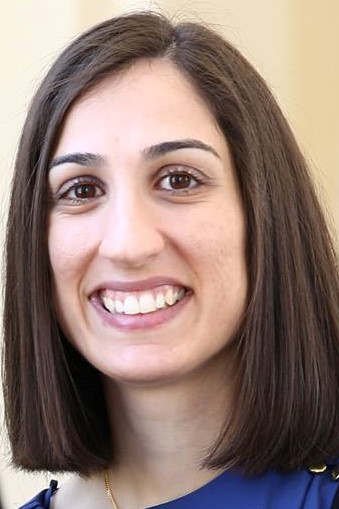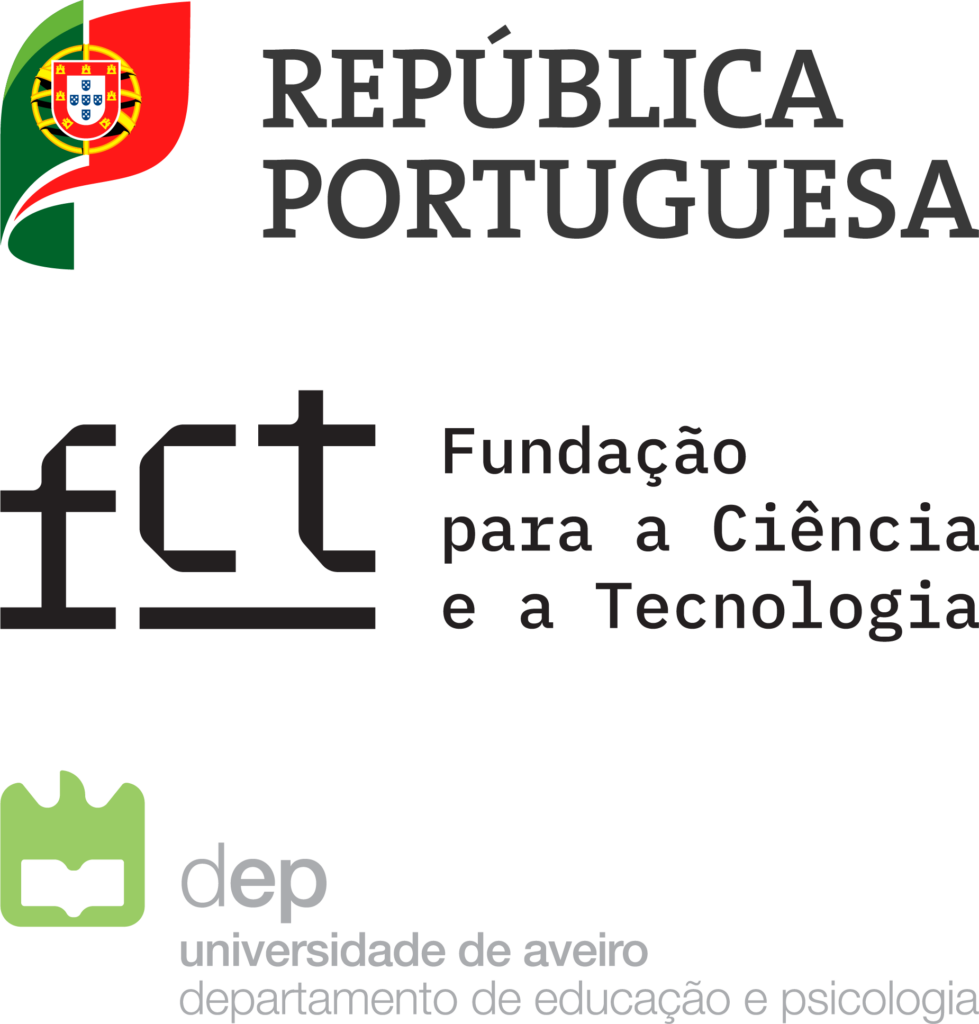No passado dia 9 de fevereiro de 2023, Mónica Lourenço, investigadora do CIDTFF, apresentou uma comunicação como keynote speaker no 6th CETAPS Advanced Research Seminar – “Researching multilingualism and education for a global citizenship”, organizado pelo Centro de Estudos Ingleses de Tradução e Anglo-Portugueses (CETAPS), no âmbito do Programa Doutoral em Didática das Línguas – Multilinguismo e Educação para a Cidadania Global, da Faculdade de Ciências Sociais e Humanas da Universidade Nova de Lisboa.
A comunicação, intitulada “Educating teachers for global citizenship in Portugal: from envisioning to enacting”, teve como foco um estudo realizado a partir da análise de relatórios de mestrado em educação para a cidadania (global), desenvolvidos por estudantes dos Mestrados em Ensino de Inglês no 1.º Ciclo do Ensino Básico, em Portugal, entre 2017 e 2022.
Resumo:
Global citizenship education (GCE) has become a buzzword in national and international discourses. In Portugal, GCE gained momentum in the second decade of the 21st century, following extensive education policy reforms to define students’ expected profile, confer more autonomy to schools, and reintroduce citizenship issues in the curriculum. Yet, while the language of GCE has been slowly entering Portuguese schools, for many teachers GCE is still an elusive term or considered too complex and controversial to be dealt with in the classroom. This has created a gap between school curricula that increasingly include GCE content (e.g., sustainability, gender equality, responsible participation), on the one hand, and teachers who are rarely confident in teaching topics related to this field, on the other.
Addressing this context, in a first part of this presentation, I will trace back the origins of GCE in Portugal, identifying the main actors and conceptualizations surrounding the term. Then, in a second part, I will focus on the role of higher education institutions in preparing (prospective) teachers for GCE. Supported by recent search conducted with pre-service language teachers, I will explore how they envision and enact GCE (e.g., the approaches they use, the learning goals they define, the opportunities they encounter in Portuguese curricula, as well as the challenges and dilemmas they face). Finally, I will underline the potential of communities of practice, as collaborative spaces bringing together teachers and other educational actors, to promote teacher agency and develop transformative processes in the school.
O evento contou, ainda, com a presença, como keynote speaker, de Nayr Ibrahim, professora Associada da Nord University, na Noruega, que, em janeiro de 2022, esteve em mobilidade Erasmus+ para investigação no Departamento de Educação e Psicologia da UA. Nayr Ibrahim apresentou uma comunicação intitulada “DLC artefacts in teacher education: Engaging teachers with multilingualism”.





